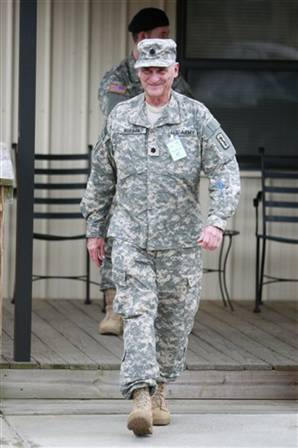This week during clinic I walked into an exam room behind my attending. She introduced herself and then she introduced me as a medical student. The fifth grader in the room exclaimed, “You look familiar!”
I just laughed and asked, “Oh?”
“You look like that guy on MythBusters,” the kid told me.
I just laughed again. The guy on Mythbusters? I assume he was referring to the Asian guy named Grant Imahara and not the girl or one of the white guys (because I am an Asian male, if that wasn’t already obvious)…
Oh and a few minutes later the kid asked me if I did anything extreme… like blowing things up (like the guys on mythbusters.) I think he was disappointed when I told him the most extreme thing I’ve been involved in is medical school…
Patients make me laugh…
And what am I supposed to say to this? Thanks?
*****
I was also put on the spot this week in clinic. A patient came in with a complaint of a bump on her hand. The attending looked at it, then looked to me and asked for my “spot diagnosis.”
Tentatively I replied, “Uh… wart?”
Fortunately I was correct. But my satisfaction with myself lasted only until we saw our next patient who had Otitis Media.
The attending decided to quiz me. “What’s the most common causes of Otitis Media?”
She told me number one was Streptococcus Pneumonia and waited for me to give causes two and three.
Brain went totally blank there. She finally told me two and three are Haemophilus Influenzae and Moraxella, respectively.







